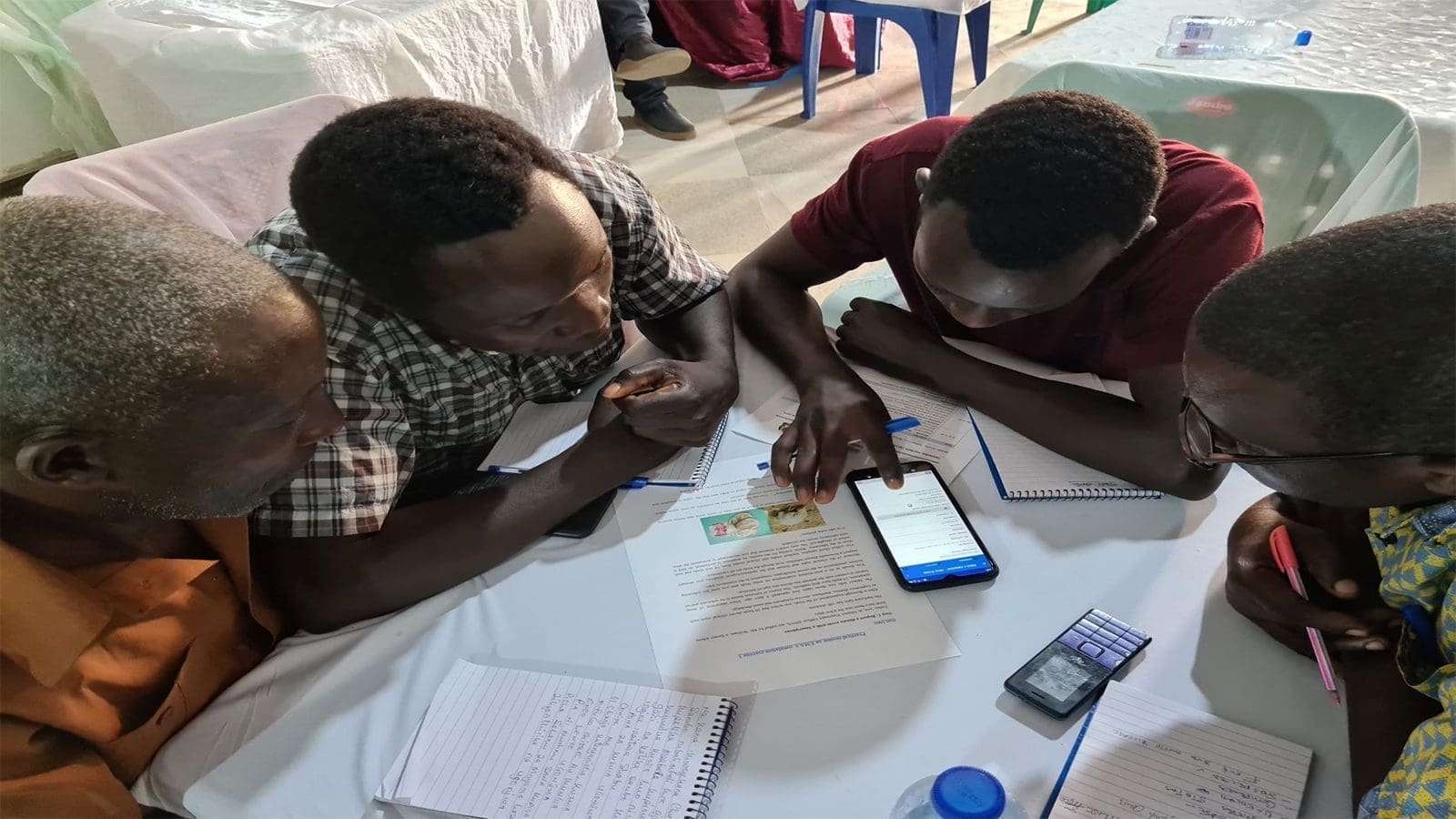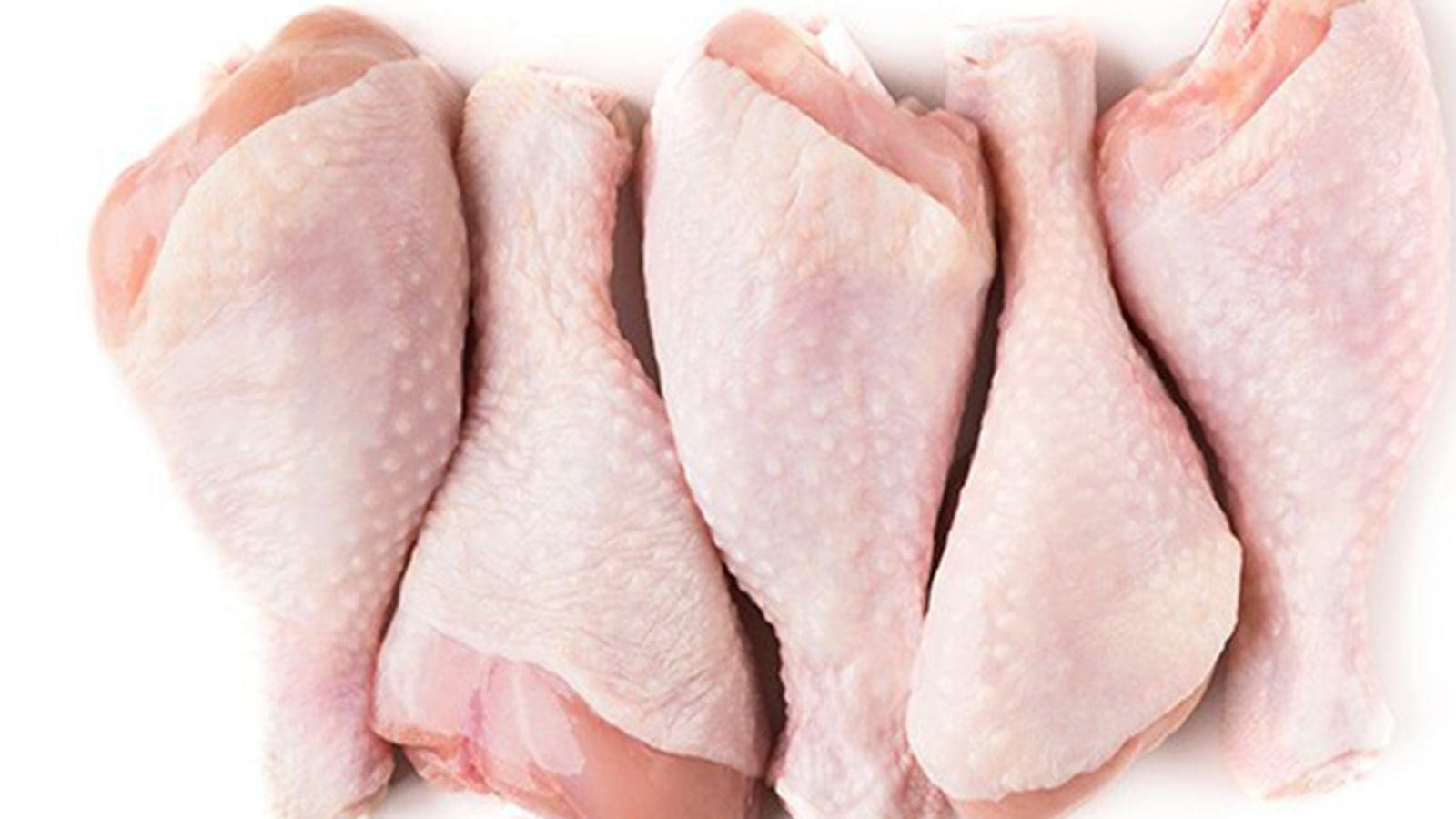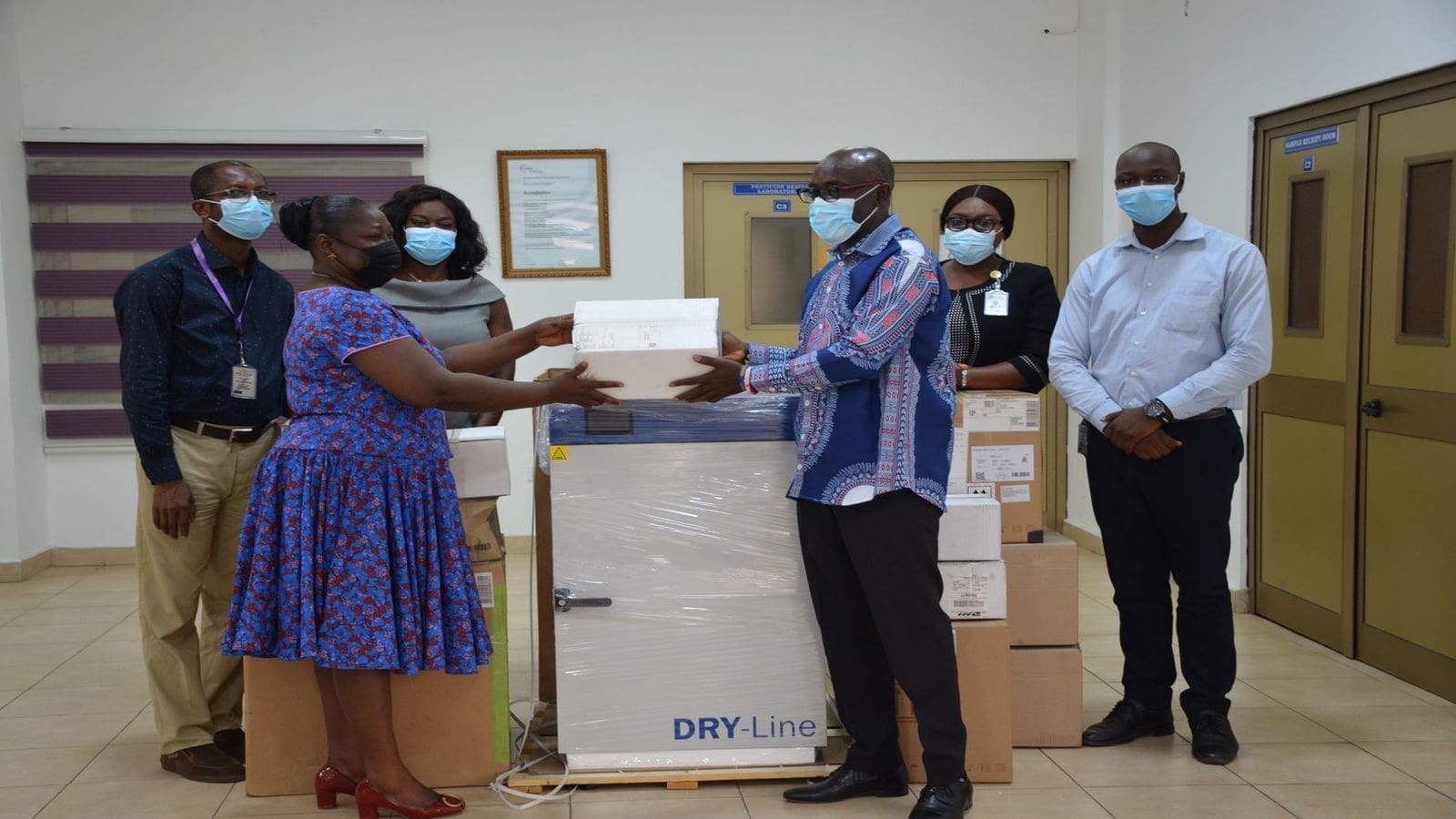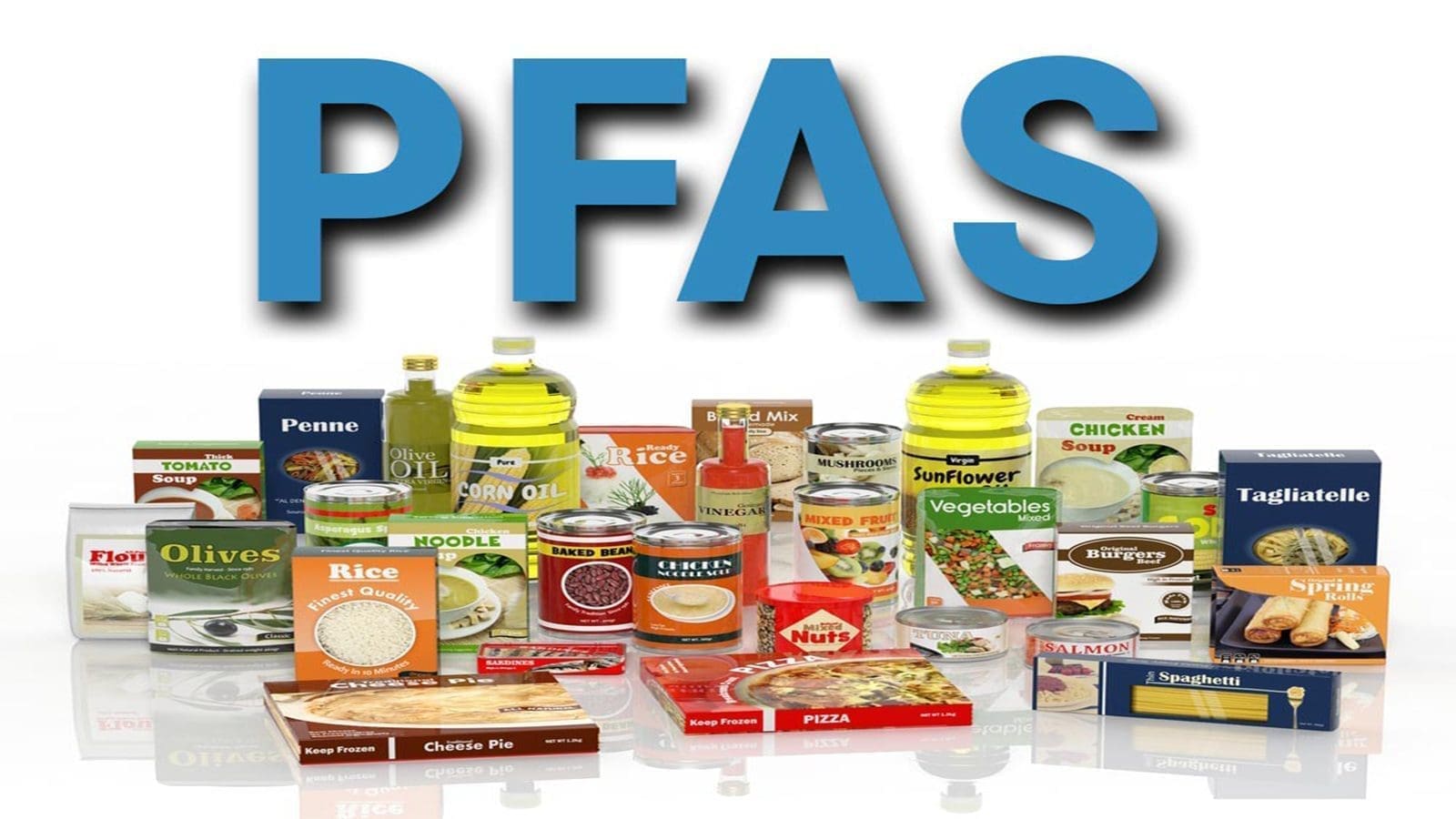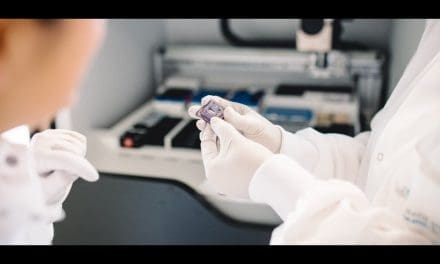MOZAMBIQUE – The Event Mobile Application (EMA-i), an Android app created by the Food and Agriculture Organization (FAO) for real-time data collection and disease reporting, has been made available for the first time in Mozambique to improve the surveillance and early warning capabilities of the veterinary field officers for the real-time reporting of animal and zoonotic diseases.
Despite all the positive efforts and lessons learned in the wake of the avian flu or foot-and-mouth epidemics of 2022, Mozambique is still susceptible to breakouts, and its mechanisms for surveillance, readiness and laboratory confirmation are still insufficient.
The Event Mobile Application (EMA-i) is an Android application for disease notification, real-time data collection, and early warning systems that sends out immediate alerts when an outbreak occurs.
EMA-i was first tested in Uganda in 2013 under a One Health Project supported by the Government of Ireland.
The graphs and maps component of EMA-i, which enables users to display epidemiological data of a disease occurrence from the field with the use of the EMA-i mobile application on their smartphones, also provides access to the reports created after the information from the field has been submitted.
With this goal in mind, the Emergency Center for Transboundary Diseases (ECTAD) of the FAO organized a workshop for the training of trainers that included 26 field veterinarians, epidemiologists, and representatives from private veterinary practices from the provinces of Maputo, Gaza, and Inhambane.
“Using smartphones, georeferenced information on animal diseases is collected from the field and entered into the EMA-i app. This generates a report that is sent in real-time to FAO’s Global Animal Disease Information System (EMPRES-i) database, where the information is safely stored and used by policymakers for prompt response toward prevention and spread of the reported event, for animal disease mobile reporting,” explained Hernani Coelho da Silva, the FAO representative in Mozambique (represented by Timothy Woma, the Head of the ECTAD country team), while flagging off the workshop.
Utilizing the app will greatly boost the number of reports that are received from field vets.
Additionally, it will strengthen the interconnection of epidemiological information sharing among neighboring provinces, districts, and the federal government.
After completing the course, the 26 participants will be able to explain the implementation strategy for EMA-i/EMPRES-I at the national level, discuss the benefits of using EMA-i, use the EMA-i app effectively for disease reporting, and explain the reporting workflow.
The United States Agency for International Development (USAID) provided funding for this training, which was jointly coordinated with the Ministry of Agriculture.
In order to create a community of practice made up of experts in animal health and other interested parties who use EMA-i for real-time disease reporting, EMA-i will be cascaded in other provinces in 2023.
For all the latest food safety news from Africa and the World, subscribe to our NEWSLETTER, follow us on Twitter and LinkedIn, like us on Facebook and subscribe to our YouTube channel.


